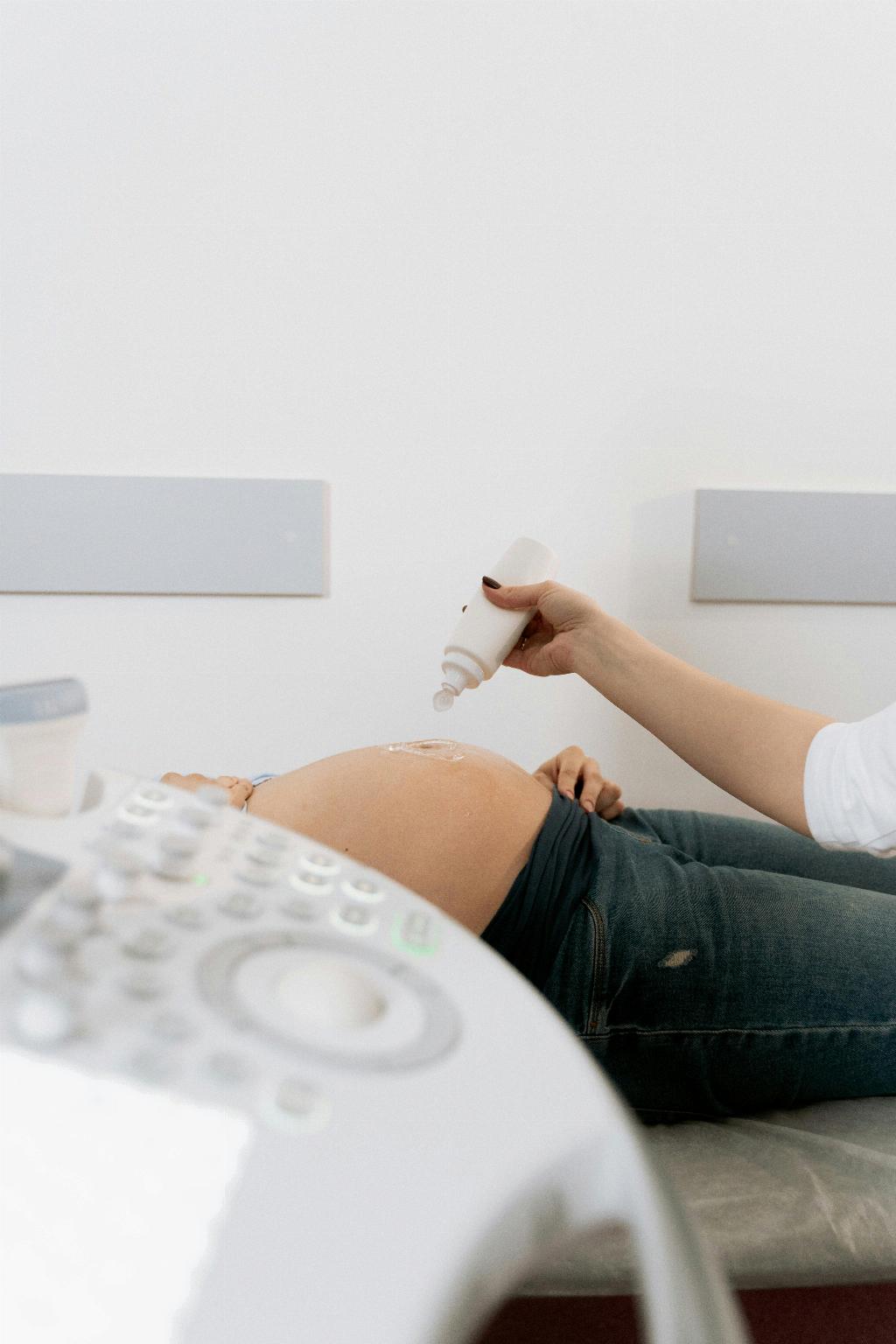Internal bleeding after a C-section is a rare but serious concern that can occur in some cases. While most women recover without any complications, it’s important to be aware of the signs and symptoms of internal bleeding, especially in the weeks following the surgery.
Signs of Internal Bleeding
One of the key indicators of internal bleeding after a C-section is heavy vaginal bleeding that persists and does not seem to be normal postpartum bleeding. If you notice big clumps of blood or excessive bleeding, it is crucial to seek medical attention immediately.
Timeline of Internal Bleeding
Internal bleeding can potentially occur at any time after a C-section, even three weeks post-surgery. While it is more common to experience complications shortly after the procedure, delayed onset of internal bleeding is possible and should not be ignored.
Causes of Delayed Internal Bleeding
Delayed internal bleeding after a C-section can be caused by a variety of factors, including issues with blood clotting, infection, or damage to internal organs during the surgery. It is essential to follow up with your healthcare provider for proper monitoring and evaluation.
Risk Factors
Although internal bleeding after a C-section is rare, certain risk factors may increase the likelihood of experiencing this complication. These factors include a history of bleeding disorders, multiple previous C-sections, or complications during the surgery.
Importance of Prompt Medical Attention
If you suspect that you may be experiencing internal bleeding after a C-section, it is crucial to seek immediate medical attention. Delay in treatment can lead to serious complications and potentially life-threatening situations.
Diagnosis and Treatment
Diagnosing internal bleeding after a C-section typically involves physical examination, blood tests, and imaging studies. Treatment may vary depending on the severity of the bleeding, and may include blood transfusions, medications, or surgical intervention.
Recovery and Follow-up Care
After experiencing internal bleeding following a C-section, proper recovery and follow-up care are essential. Your healthcare provider will monitor your condition closely and provide guidance on reducing the risk of future complications.
Prevention Strategies
While it is not always possible to prevent internal bleeding after a C-section, there are steps that can be taken to minimize the risk. This includes following your healthcare provider’s postoperative instructions, avoiding strenuous activities, and monitoring your symptoms closely.
Emotional Impact
Experiencing internal bleeding after a C-section can be emotionally challenging for many women. It is essential to seek support from loved ones, healthcare professionals, and mental health resources to cope with the physical and emotional aspects of the situation.
Final Thoughts
Internal bleeding after a C-section, although rare, is a serious complication that requires prompt attention and proper medical care. By being aware of the signs and symptoms, seeking immediate help, and following through with treatment, the risk of complications can be minimized, ultimately promoting a safe and healthy recovery.

